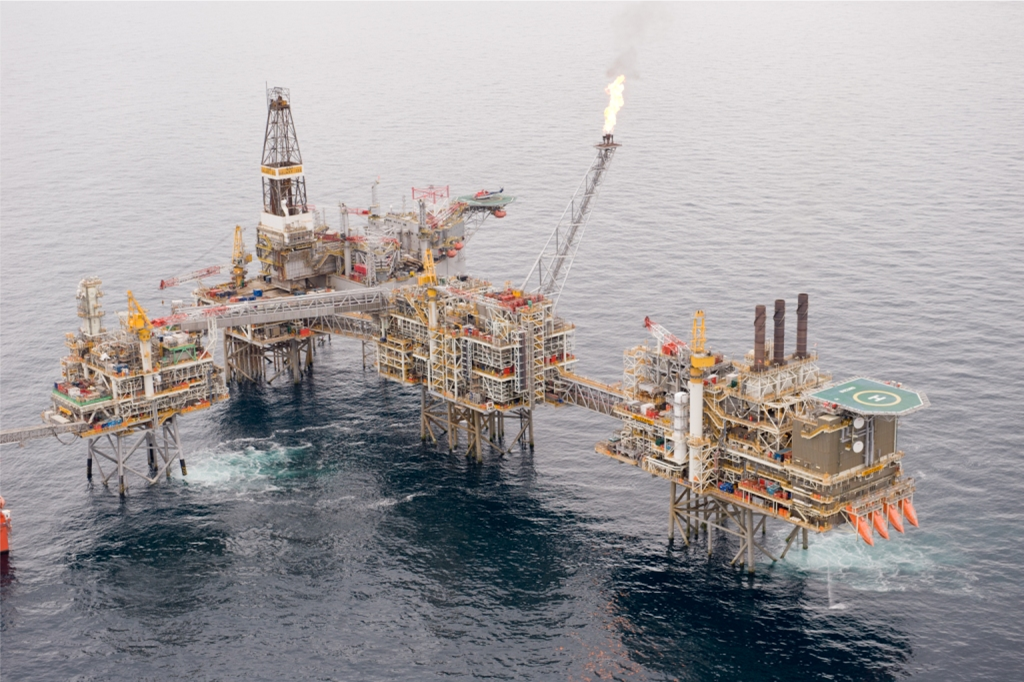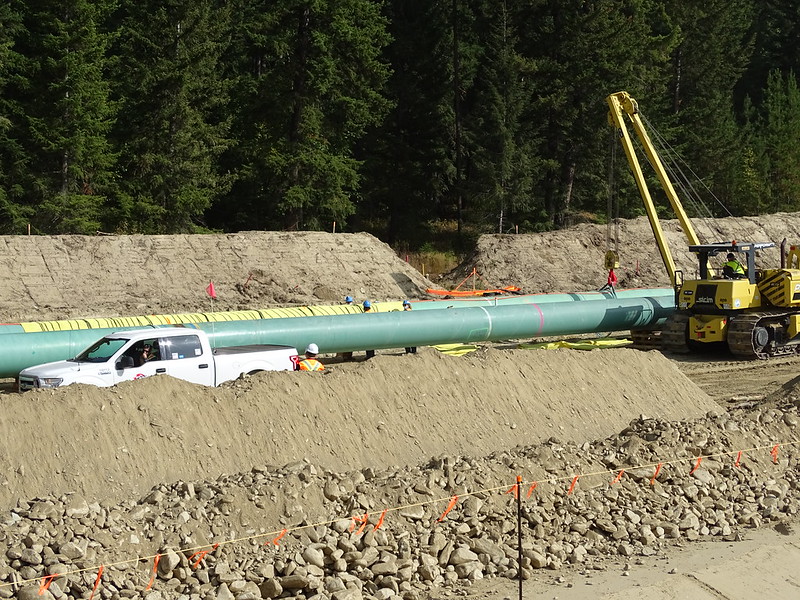A section of offshore oil workers in the North Sea voted for industrial action this week following a protracted dispute over pay and working conditions, but recent union laws may mean the numbers aren’t enough to support a strike.
A large majority of GMB union members voted in favour of the strike motion in response to the last round of negotiations with the Offshore Contractors Association (OCA) breaking down in April.
Declining profits in the North Sea have meant the offshore workforce has already suffered a number of redundancies and pay cuts in recent years. As jobs are increasingly threatened, union members working under the OCA have rejected a latest pay offer which would see their wages fall after inflation is accounted for.
The Conservative party has pledged to do all it can to keep the industry going as the oil fields dry up. But unionists and campaigners are concerned not enough is being done to help communities transition to greener jobs as the industry winds down and the UK progresses towards its low carbon goals.
Those who voted in a separate ballot of Unite union members also favoured a strike, but not enough eligible members came forward to meet the legal requirements for strike action.
“An overwhelming majority of Unite offshore workers voted for strike action but there is no legal mandate for the action,” said Unite regional officer, Tommy Campbell. “This is because the Tory anti-union laws required a 50 percent threshold of all union members to be met.”
The RMT Union has also balloted its members for strike action, with results due out later today. All three unions will meet with the OCA on Thursday to try and reach a settlement, with the union’s position partially weakened due to the failure of Unite to bring a strike forward.
“The best solution is that we negotiate to find a way forward,” said GMB national officer, Ross Murdoch. “But I don’t know if a lot has changed in terms of avoiding a potentially messy dispute.”
Jobs are a burgeoning issue in the offshore industry in the North Sea, as profits decline due to low oil prices and the increasing cost of extraction.
The end result of this is the winding down of oil and gas facilities that are no longer profitable, in a process known as decommissioning.
The Oil and Gas Authority (OGA), a government regulator, said this week that decommissioning in the North Sea will cost an estimated £59.7bn. Half of this will be paid for directly by oil companies while the rest is effectively paid with public money through tax breaks.
Unions are concerned that there is little planning from the government on what will happen to those jobs lost as the oil industry slows down.
“The issue comes up time and time again about jobs,’ said Murdoch. “If the government is serious about scaling anything back then they need to come up with meaningful replacement jobs because otherwise it has a massive impact on the workers and their families and their whole communities.”
Photo: Suncor Energy via Flickr | CC 2.0
Subscribe to our newsletter
Stay up to date with DeSmog news and alerts







